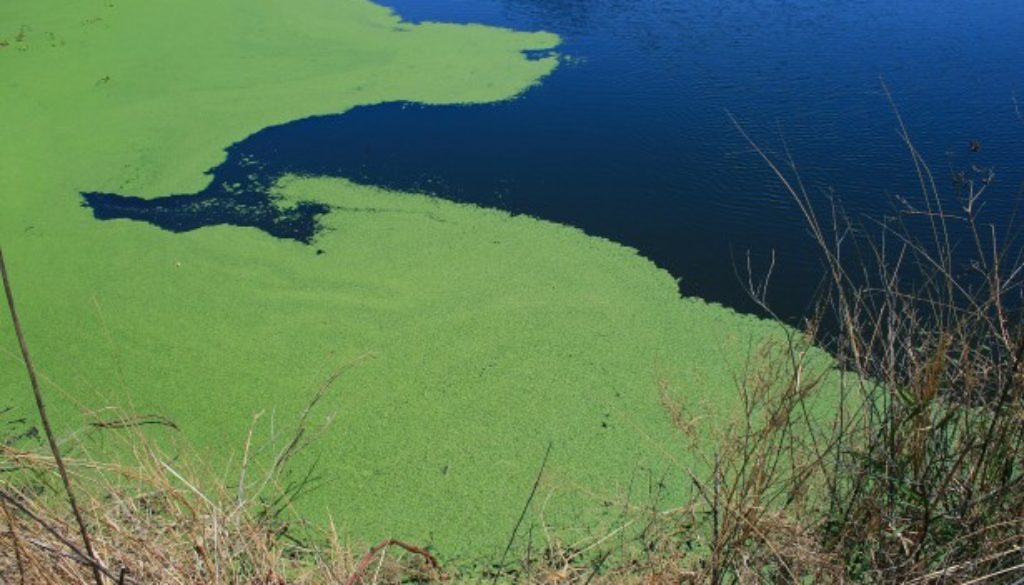Don’t Drain This Swamp!
By Pat Gallagher, Sierra Club
Donald Trump has ordered the Environmental Protection Agency to rescind or revise the Clean Water Rule—also known as the “Waters of the U.S.” (WOTUS) rule—issued under the Clean Water Act.
His Executive Order instructs the EPA to consider adopting the view of wetlands espoused by the late Justice Scalia in the case Rapanos v. United States, 547 U.S. 715 (2006). There are so many things wrong with this picture, but here I’d like to focus on how Justice Scalia viewed the issue of wetlands preservation, how Judge Neil Gorsuch likely holds the same views, and why this threatens a host of American values, ranging from clean drinking water to bird conservation.
First, let’s start with some sobering facts. By 1990 we had already destroyed more than half of our wetlands. According to the U.S. Fish and Wildlife Service, wetland loss has accelerated by 140 percent since 2004.
As discussed below, these trends undermine human communities by removing the drinking-water and flood-protection benefits of wetlands. Perhaps a more acute, tragic problem is the extinction of wetland bird species. Because their habitat is being destroyed at astronomical rates, nearly 20 percent of wetland birds are on an extinction Watch List. Field and Stream magazine has bemoaned how we stand by while this tragedy unfolds.
So the problem is clear and urgent, but the “federalist” views of Justice Scalia and Judge Gorsuch would render the federal government powerless to stop it.
Against this backdrop, we have Donald Trump and Scott Pruitt pushing for a repeal of the Clean Water Rule, based on their belief that the federal government has no business protecting waterways that are not permanently flowing rivers and streams. Their views reveal a fundamental ignorance of the science of wetland hydrology and the critical importance of wetlands to both human and natural communities.
The EPA issued the Clean Water rule in the wake of the Supreme Court’s Rapanos decision, and multiple federal agencies worked extremely hard to define when wetlands should be considered “waters of the U.S.,” based on their ecological and hydrological functions and relationship to downstream waterways, just as Justice Anthony Kennedy’s opinion in Rapanos dictated. The result was a scientifically robust rule that would help preserve thousands of wetlands that provide critical functions for both human and natural communities. A brief filed by wetland scientists in litigation over the Clean Water Rule explains how these functions are studied: “In the context of understanding wetlands, hydrology, geology, and chemistry are used to examine how wetlands regulate stream flow, filter pollutants and sediment, incorporate excess nutrients, act to control flooding, and connect to groundwater.”
But Justice Scalia saw things differently, referring pejoratively to wetlands as “swampy land” and insisting that only free-flowing, permanent water bodies could be considered waters of the U.S. subject to the Clean Water Act.
Donald Trump titled his Executive Order “Restoring the Rule of Law, Federalism, and Economic Growth by Reviewing the “Waters of The United States” Rule.” Note the federalism reference—this ties into Justice Scalia’s view that local and state governments should control decisions about “swampy land.” Judge Gorsuch, a Federalist Society expert, likely shares the same view. But both the Order and Justice Scalia are flat wrong. Even the George W. Bush administration did not accept Justice Scalia’s view and tried to respect Justice Kennedy’s premise that federal agencies should protect wetlands when they have a significant biological or hydrological connection to downstream waterways.
If we are to stop the wholesale destruction of wetlands and reap the benefit of their water-filtration, water-storage, flood-control, and habitat values, we cannot let the states control their fate. Federalism was a failure when it came to the environment. The abject failure of states to protect their resources was what led to federal environmental laws in the first place. As Professor Robert Percival foresaw:
“Like civil rights law, environmental law became federalized only after a long history of state failure to protect what had come to be viewed as nationally important interests. Just as “states rights” became a code word of support for segregation during the civil rights debates of the 1950s and 1960s, cries for greater state autonomy are viewed by many environmentalists today as cover for efforts to roll back environmental standards.”
In sum, the misguided policies of federalism should not be allowed to undermine the protection of our country’s natural resources. Every American deserves clean drinking water and protection from drought and floods.

